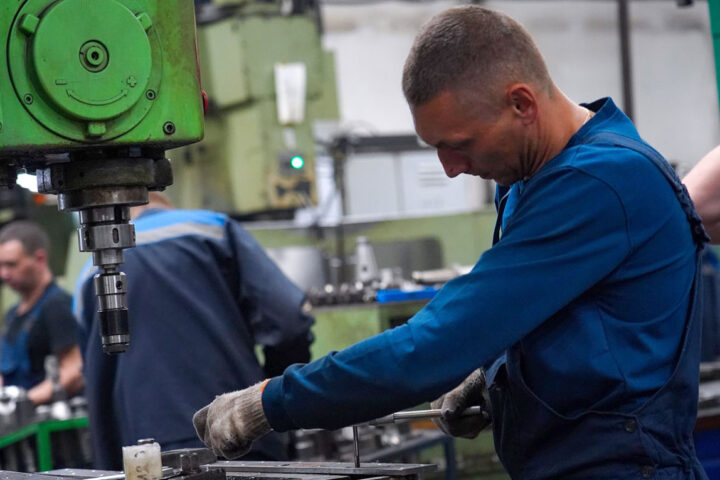Analysis: As Ireland ages and family care stretches across three generations, the squeezed middle are quietly doing it all with little recognition
If society were a family, the sandwich generation would be the middle child: steady, responsible and too often overlooked. These are adults who simultaneously care for ageing parents and young children, all while managing household budgets, work commitments and rising living costs.
As Ireland’s population grows older and childbirth happens later in life, more families are supporting three generations at once. While this reflects progress, it also places growing pressure on those in the middle, especially as the state supports struggle to keep pace with today’s demographic realities and economic demands.
Ireland’s changing demographics
For the last few years, Ireland’s population has been ageing rapidly. In 2022, there were over 806,000 people aged 65 and over, more than 17% of the population, and this number is projected to double by 2051. At the same time, the average age of mothers giving birth continues to rise, from 30.3 years in 2001 to 31.5 in 2010. This means more people are finding themselves raising young children just as their parents begin to require care.
Looking at the future projections, Ireland’s old-age dependency ratio (that is, the number of people aged 65 and over for every 100 working-age adults) is projected to reach 50 by 2057 . With fewer workers supporting more retirees under the current pay-as-you-go pension system, pressure on the sandwich generation is set to increase, raising concerns about long-term sustainability.
No time, no money, always on the go
This increasing pressure on the sandwich generation is often in terms of their time and money. Their unpaid labour includes everything from personal care and emotional support to transport, cooking, budgeting, companionship, GP drop-offs, school drop-offs offs and the list goes on.
This invisible work and competing demands for their time and attention from their child and elderly parents lead to “care burnout”, through which the sandwich generation suffers silently. They function on auto-pilot potentially harming their physical and mental health, workforce participation and long-term financial security.
To manage their competing roles, many reduce their paid working hours or choose flexible, lower-paid jobs. The result is not only lower income but also reduced pension contributions, placing them at risk of financial hardship later in life; and the vicious dependency loop continues.
If this is not all, the financial pressure on the sandwich generation is considerable. According to TILDA’s report, 9% of sandwich-generation women provide financial support to their parents. This transfer varies in monetary terms, but it decreases the household income and is also linked to higher rates of depression among these caregivers.
A system under strain
In today’s economy, the burden is heavier than ever with the rising grocery and energy bills. Even if we somehow manage to get around these high costs, there is always the burden of housing and healthcare expenses.
Finding comfort in Ireland’s healthcare infrastructure has become challenging. Public provisions such as home care and the Fair Deal scheme often involve long waiting lists or complex application processes. This forces families to fill the gaps themselves, typically unpaid and unrecognised.
Despite growing public awareness of the challenges facing carers, Ireland’s policies have not caught up. Carers’ allowance remains modest and difficult to access, while unpaid caregiving is not fully acknowledged in the pension system. Affordable, accessible childcare and eldercare at work and from employers are still patchy at best.
Children caught in the middle
The horror does not end with the sandwich generation as their children are often pulled into the struggle. Parents who are exhausted, financially insecure or emotionally stretched may struggle to invest in their children’s development. From afterschool activities to balanced nutrition, resources are finite — and often divided across three generations.
What can be done?
The sandwich generation are the backbone of many Irish families. As ageing accelerates and the cost-of-living crisis continues, their struggles will deepen without timely intervention. Supporting the sandwich generation is not just about easing individual strain, but about preparing for the future, where care is fairly shared, structurally supported and sustainably funded.
Ireland will thrive if we invest in care infrastructure that reflects today’s demographic realities: universal home care, streamlined access to supports like the Fair Deal scheme, flexible work protections (for both child and elder care), and proper pension credits for unpaid carers. Childcare and eldercare must be treated as public goods and not private burdens.















